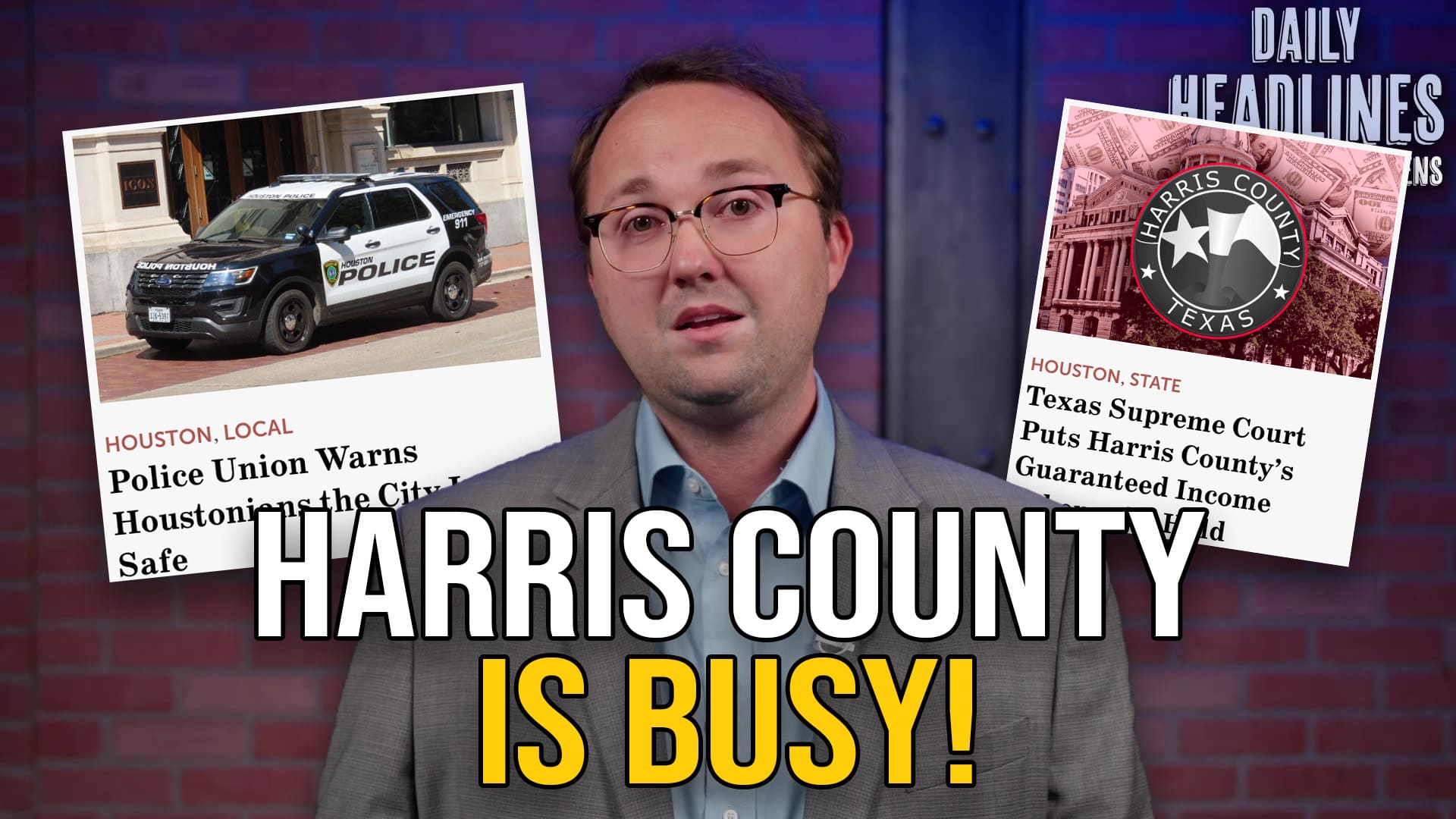On Tuesday, the Senate Committee on Criminal Justice met to discuss Senate Bill 1544, authored by State Sen. Royce West (D–DeSoto). SB 1544 addresses no-knock warrants and is related to the “Breonna Taylor Act” introduced by U.S. Sen. Rand Paul (R–Kentucky) in 2020.
The practice of no-knock warrants is a result of the government’s “War on Drugs,” which was instituted by President Nixon in the 1970s and gained momentum under President Reagan in the 1980s. This has contributed to the association of no-knock raids with the militarization of law enforcement.
Texas is one of 20 states that issues a no-knock warrant at a judge’s discretion. This issue was also brought up in 2014 in the case of John Quinn v. Texas, which found the State of Texas to be in violation of the Fourth Amendment of the U.S. Constitution and took issue with a Second Amendment violation by police officers and the City of McKinney.
In 2014, John Quinn was subject to a no-knock raid when Texas police broke down his door in the middle of the night. The police shot Quinn when he reached for his gun, believing his home was being invaded. Police justified the raid by stating Quinn owned a firearm, saying owning a firearm was enough reason for law enforcement to consider him a danger, even though Quinn had a concealed carry permit.
SB 1544 would define who is responsible for issuing a no-knock warrant, ensure the arrest warrant is documented to include the presence of the accused before it is executed, and ensure that a minimum 24-hour waiting period is in place before a no-knock warrant is issued.
The bill would also ensure that officers executing a warrant are easily identifiable as officers of the peace and equipped with body cameras that would be turned on until the execution of the warrant is completed.
Police officers and police unions varied in support or opposition, as well as members of law enforcement working with West on the bill.
Scotty Shiver from the Texas Department of Public Safety, representing the Texas Rangers, testified as neutral, stating, “No-knock warrants are important at times and are important for officer safety.”
Philip Furlow, district attorney for the 106th Judicial District, testified that the judges in his district do not like to receive electronic warrants, and was concerned that the five-county districts within his judicial district might not be able to have a 24-hour waiting period due to how rural the district is.
West requested the committee hold off on adopting SB 1544 to work further on the bill and resolve pending issues with its language.
Before closing, West stated that there would be a meeting with witnesses at 11 a.m. to work out issues in the bill.





